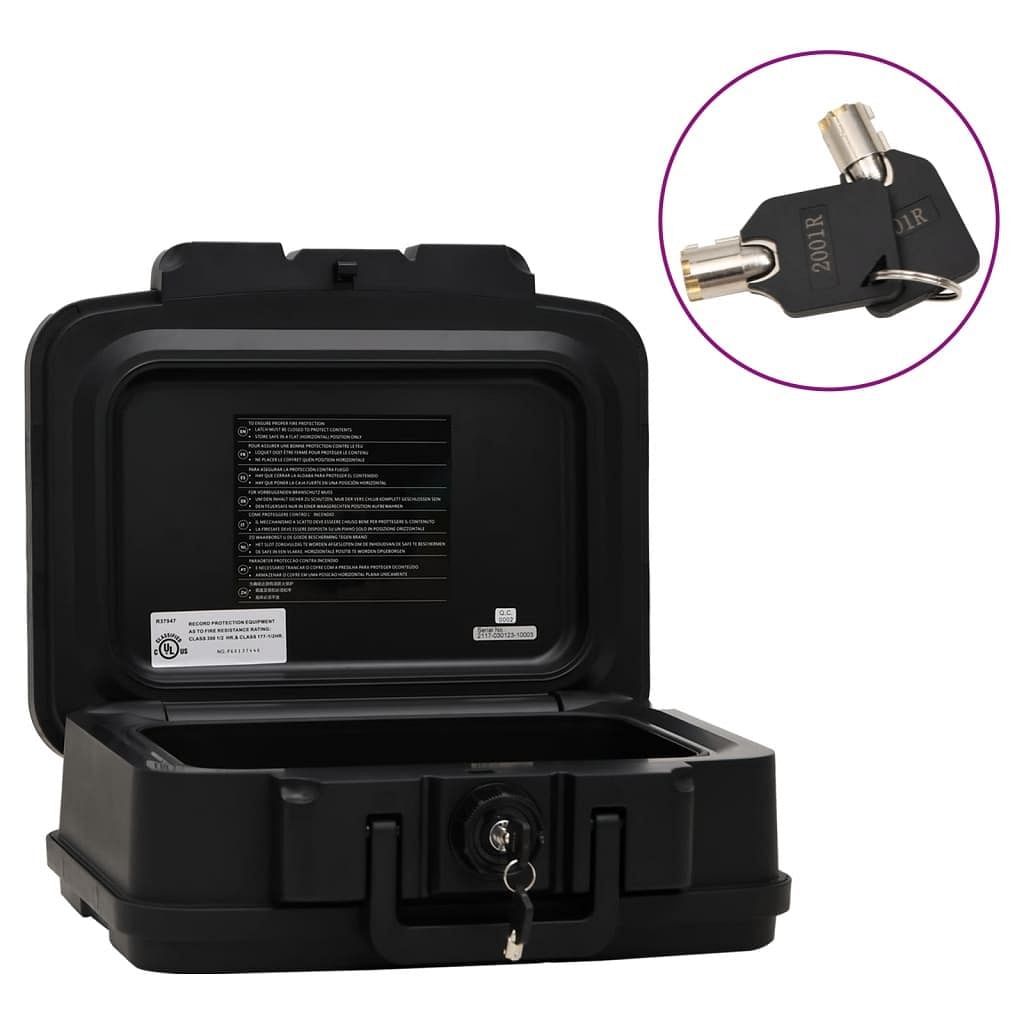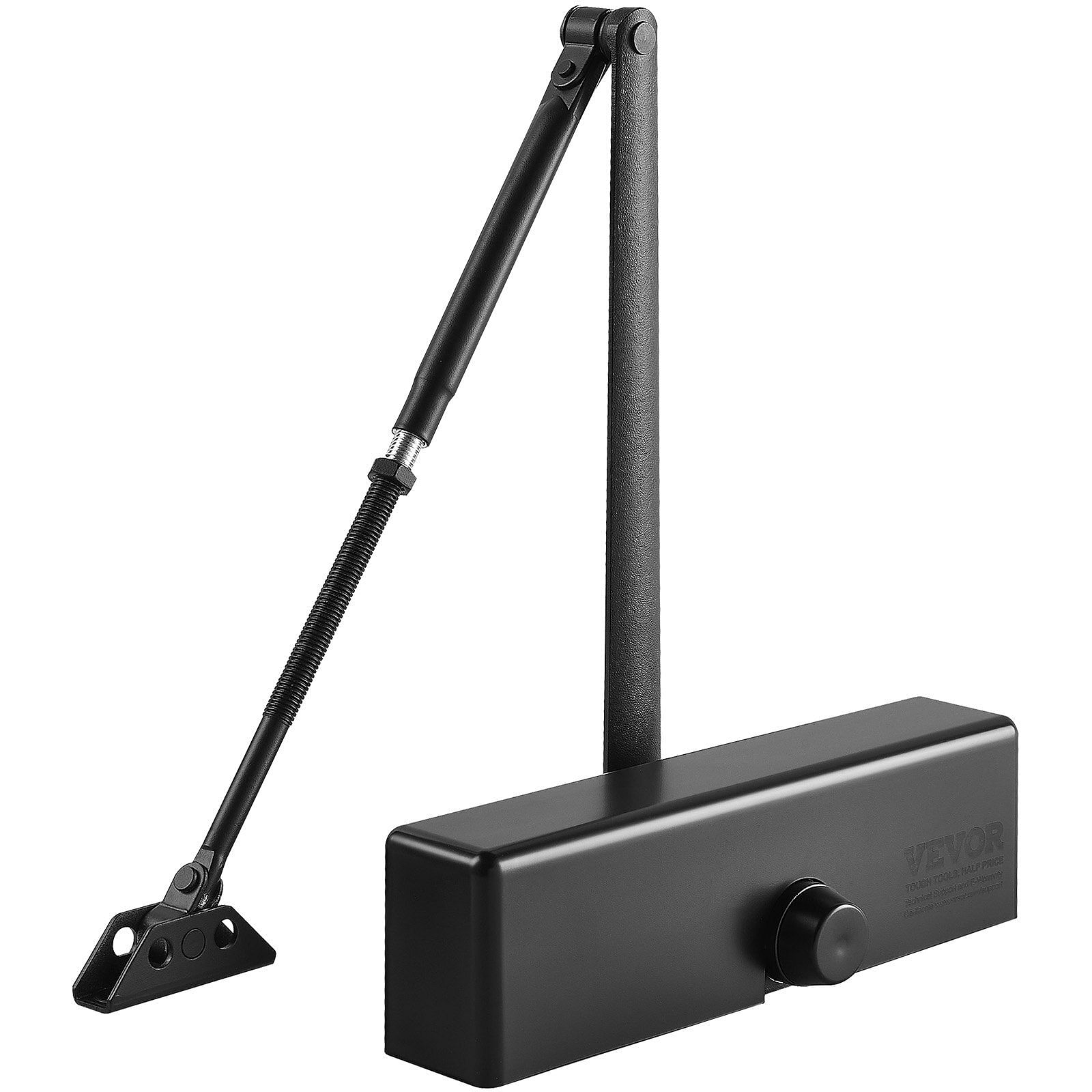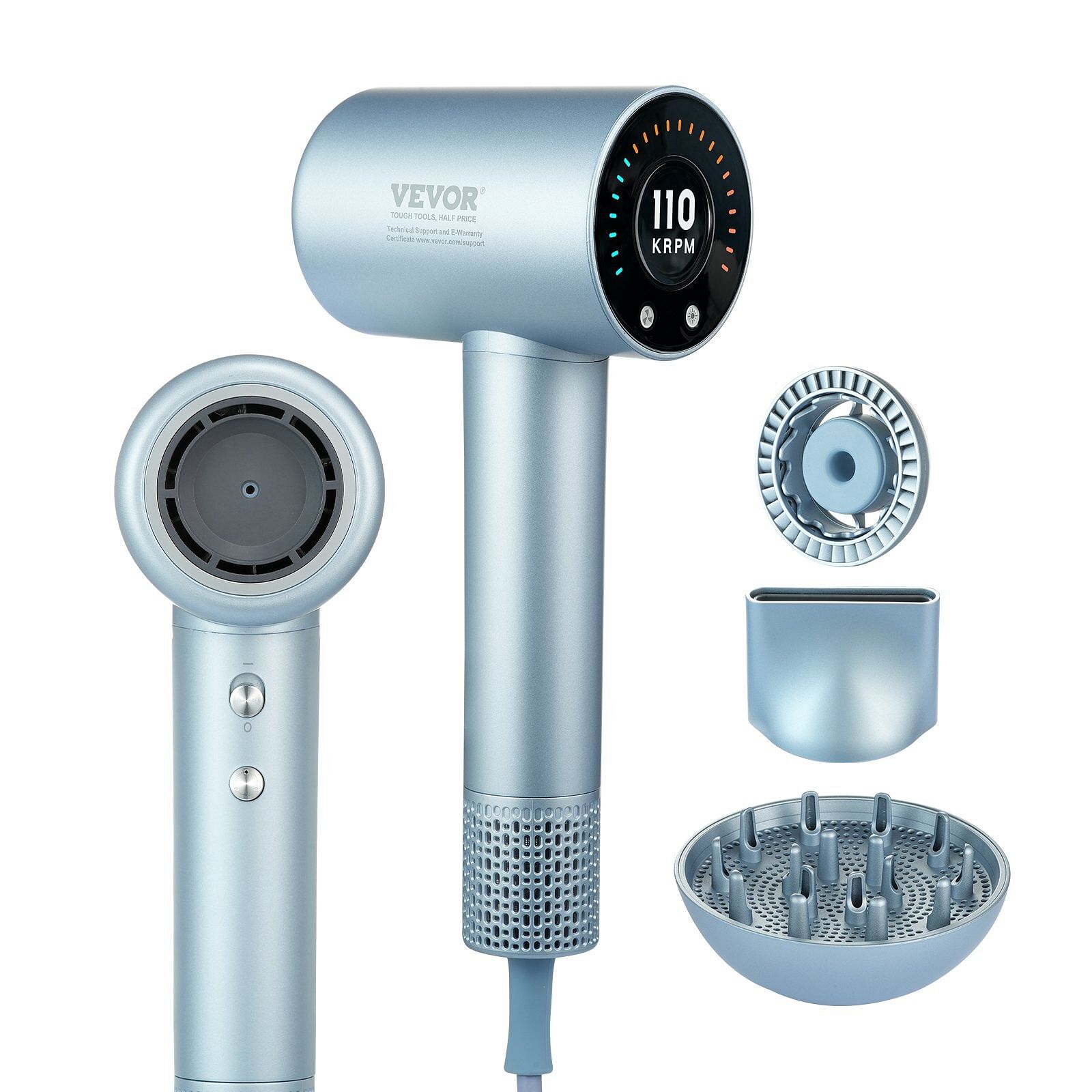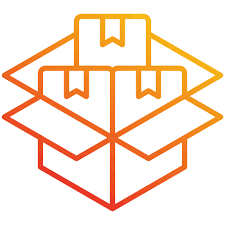
The Future of E-commerce and Wholesale Markets
In recent years, the landscape of commerce has undergone a revolutionary transformation. The rise of e-commerce has reshaped how consumers and businesses buy and sell, leading to new opportunities and challenges. As technology continues to advance, the future of e-commerce and wholesale markets promises to be even more dynamic, integrated, and efficient.
The Evolution of E-commerce and Wholesale Markets
Traditionally, wholesale markets involved physical locations where businesses could purchase large quantities of products at discounted prices. These markets were often located in bustling trade hubs and required significant time and resources for procurement.
With the advent of e-commerce, wholesale buying shifted online, making it accessible to a broader audience. Digital platforms now connect suppliers and buyers globally, reducing barriers such as distance and physical infrastructure. This shift has led to increased competition, better pricing, and more diverse product offerings.
What the Future Holds
1. Increased Integration of Artificial Intelligence (AI) and Data Analytics
AI and data analytics will play a crucial role in personalizing the wholesale buying experience. Predictive analytics can forecast demand trends, optimize inventory management, and suggest products tailored to specific business needs. AI-powered chatbots will provide 24/7 customer support, streamlining communication and transactions.
2. Growth of B2B E-commerce Platforms
Business-to-business (B2B) e-commerce platforms are set to become more sophisticated, offering features like bulk order customization, real-time pricing, and automated procurement processes. These platforms will facilitate seamless transactions, reducing the time and effort involved in wholesale purchasing.
3. Blockchain for Transparency and Security
Blockchain technology will enhance transparency, traceability, and security in wholesale markets. Smart contracts can automate payment and delivery processes, reducing fraud and disputes. This technology will build greater trust among buyers and sellers.
4. Augmented Reality (AR) and Virtual Reality (VR)
AR and VR technologies will allow buyers to virtually inspect products, view samples, and even simulate how products will look in their stores or warehouses. This immersive experience will reduce uncertainties and improve decision-making.
5. Sustainable and Ethical Wholesale Markets
Consumers and businesses are increasingly prioritizing sustainability. Future wholesale markets will emphasize eco-friendly products, ethical sourcing, and transparent supply chains. Digital platforms will highlight these aspects, influencing purchasing decisions.
6. Global Reach with Localized Service
While e-commerce enables global access, the future will also see a focus on localized service, including regional warehouses, tailored logistics, and local customer support. This hybrid approach will combine global reach with personalized service.
Challenges to Overcome
Despite promising innovations, the future of e-commerce and wholesale markets will face challenges such as cybersecurity threats, logistical complexities, and regulatory hurdles. Ensuring data privacy, maintaining supply chain resilience, and adapting to changing regulations will be essential.
Conclusion
The future of e-commerce and wholesale markets is bright, characterized by technological innovation, increased efficiency, and broader accessibility. Businesses that embrace these changes and leverage emerging technologies will be well-positioned to thrive in the evolving global marketplace. As the lines between online and offline commerce continue to blur, the wholesale industry is set to become more agile, transparent, and customer-centric than ever before.


























